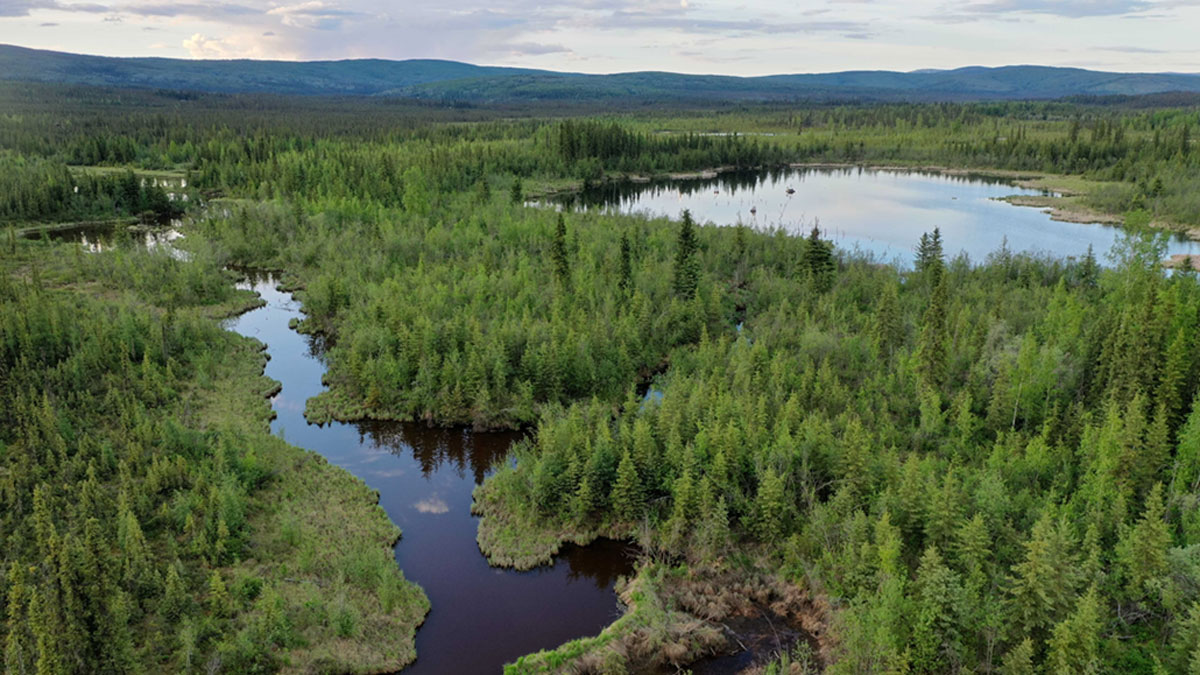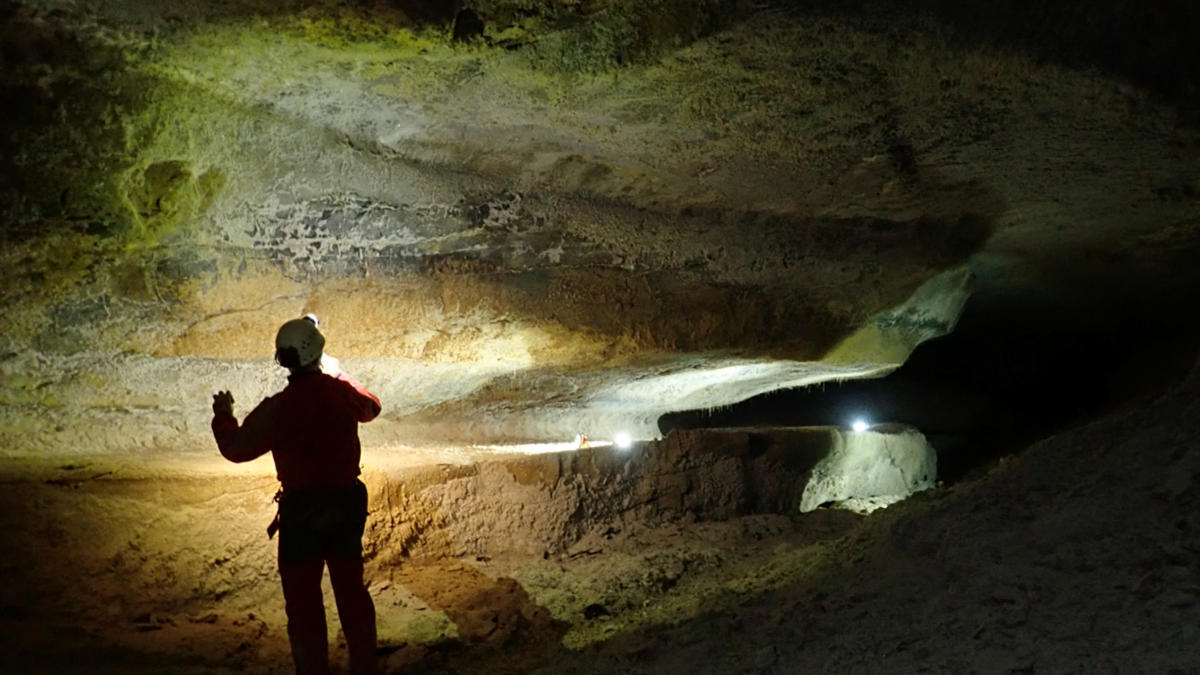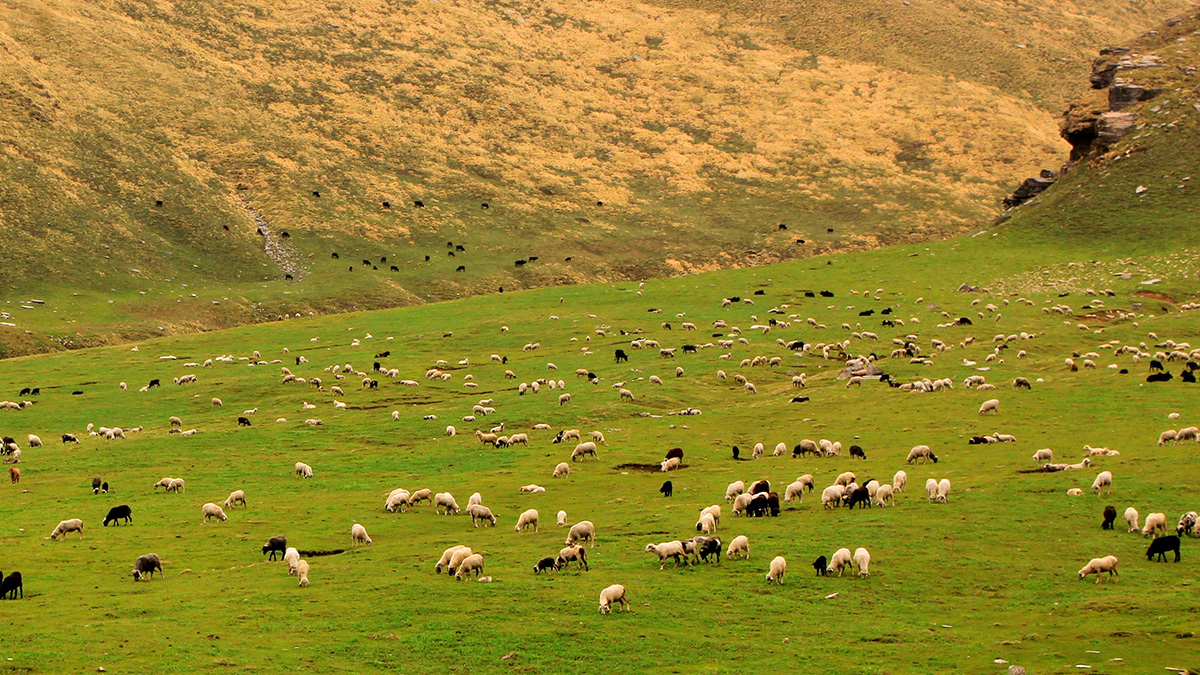A visit to an Alaskan wetland with some of the world’s highest lake marsh methane emissions brings scientists one step closer to understanding the phenomenon.
bacteria & microbes
Spring and Sewage Are in the Air Near San Diego
Sea spray can transport sewage-contaminated waters inland, potentially exposing those living kilometers from the beach.
Searching for the Sculptor of France’s Caves
Spelunking scientists searched for the original source of the French Pyrenees’ magnificent caves.
Veterinary Antibiotics Reduce Soil Carbon Sequestration Capacity
Livestock grazing areas sequester less carbon than those under wild herbivores.
We (Probably) Can’t Tell Whether Mars Has Life
State-of-the-art equipment can’t always identify life inhabiting the most Mars-like spot on Earth, leaving scientists wondering how to do better on the Red Planet.
Making Sense of the Great Barrier Reef’s Mysterious Green Donuts
Researchers set sail to the Great Barrier Reef to study how ring-shaped algae deposits formed and evolved, what feeds them, and the diversity of creatures that call them home.
Deep-Sea Pressure Crushes Carbon Cycling
The extreme pressure in the deep sea stifles microbes’ appetite for organic carbon. This finding could have important implications for carbon budgets and geoengineering.
Bacteria Travel Thousands of Kilometers on Airborne Dust
As winds pick up dirt and sand, they also pick up any microbes adhering to those particles, potentially introducing them to new locations.
The Bottom of the Arctic Is Blooming
Researchers found phytoplankton hidden on the Arctic seafloor, hinting at a cascade of effects on the local ecology and carbon cycle.
Early Life Learned to Love Oxygen Long Before It Was Cool
Laboratory experiments show that earthquakes may have helped early life evolve in an oxygen-free world.










